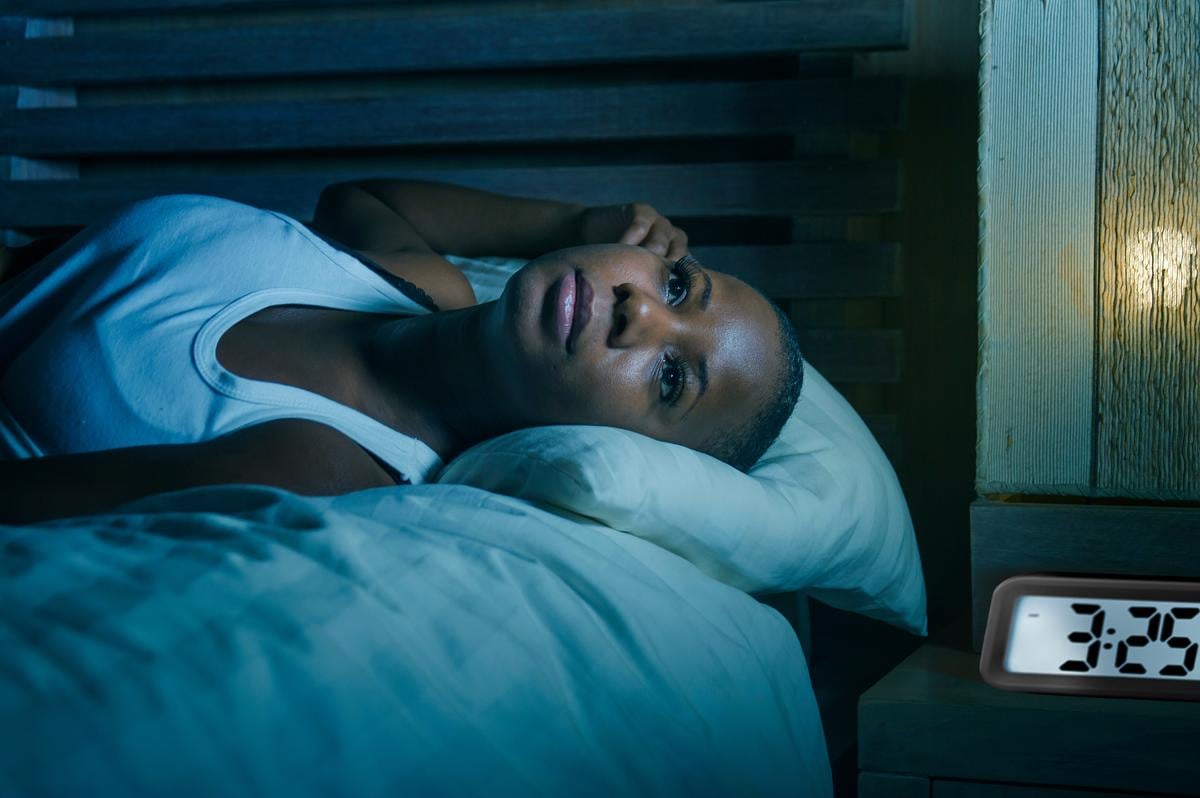Associations seen between less short wave sleep and rapid eye movement sleep with smaller inferior parietal region volumes
By Elana Gotkine HealthDay Reporter
MONDAY, March 31, 2025 (HealthDay News) — Sleep deficiency is associated with atrophy of the inferior parietal region of the brain, according to a study published online March 31 in the Journal of Clinical Sleep Medicine.
Gawon Cho, Ph.D., from the Yale School of Medicine in New Haven, Connecticut, and colleagues examined the association of baseline sleep architecture with anatomical features identified on brain magnetic resonance imaging about 13 to 17 years later in 270 participants of the Atherosclerosis Risk in the Communities Study. Polysomnography was used to quantify sleep architecture as the proportion of slow wave sleep (SWS), proportion of rapid eye movement sleep (REM), and arousals index. Outcomes included volumetric measurements of each Alzheimer disease (AD)-vulnerable brain region (hippocampus, entorhinal, inferior parietal, parahippocampal, precuneus, and cuneus regions) and the presence of any cerebral microbleeds (CMBs).
The researchers observed an association for having less SWS with smaller volumes of the inferior parietal region and cuneus (β = −44.18 and −11.98 mm3 per −1 percentage point of SWS, respectively). There was an association between having less REM with smaller volumes of the inferior parietal region and precuneus (β = −75.54 and −31.92 mm3 per −1 percentage point of REM, respectively). Associations were also observed between lower SWS and REM and significantly smaller inferior parietal region volumes. There was no association between arousal index and the volumes of AD-vulnerable regions. No associations were seen for sleep architecture variables with CMBs or lobar CMBs.
“Our findings provide preliminary evidence that reduced SWS and REM may contribute to brain atrophy, thereby increasing the risk of AD,” the authors write.
Copyright © 2025 HealthDay. All rights reserved.







